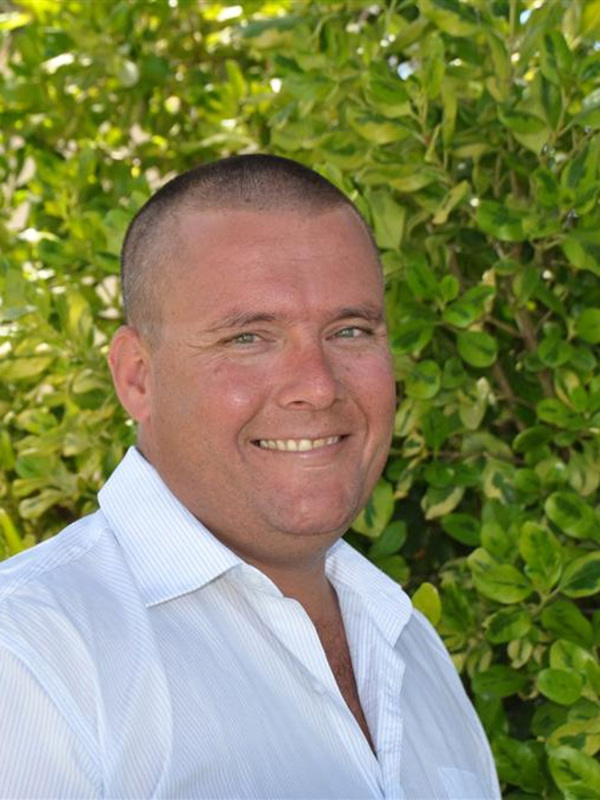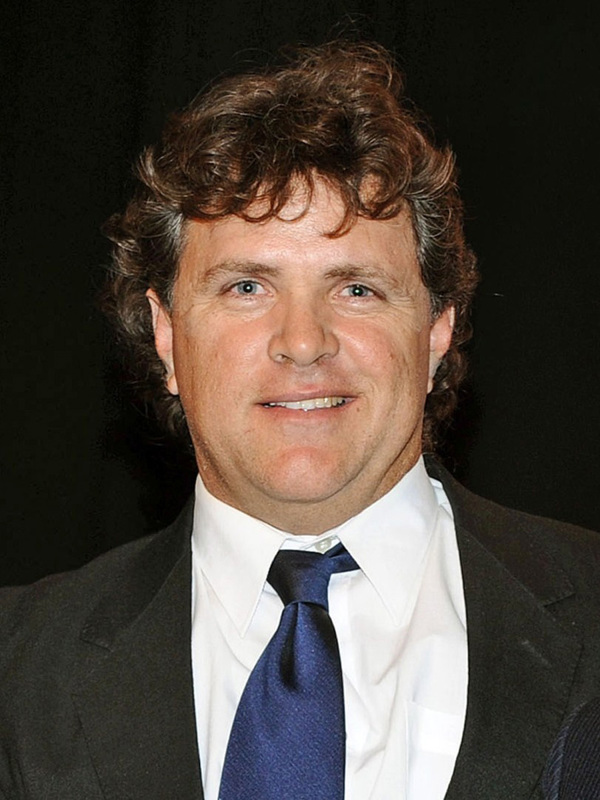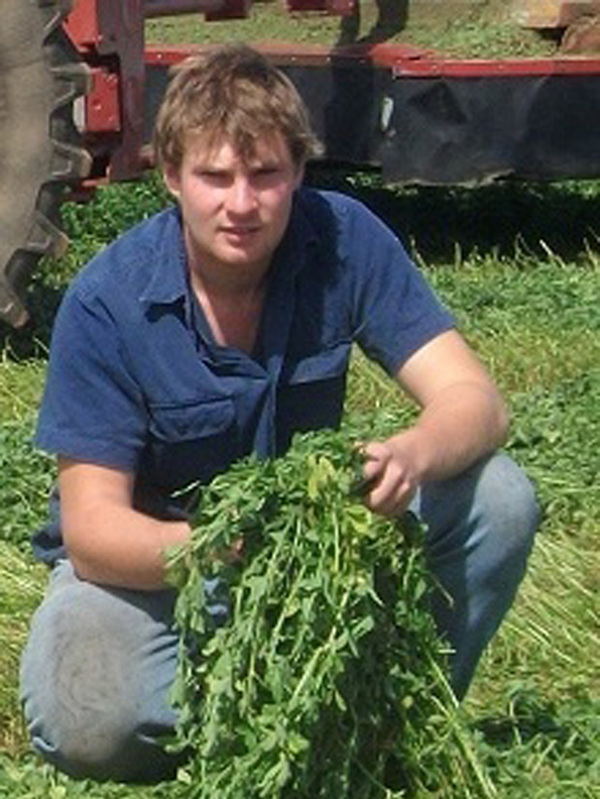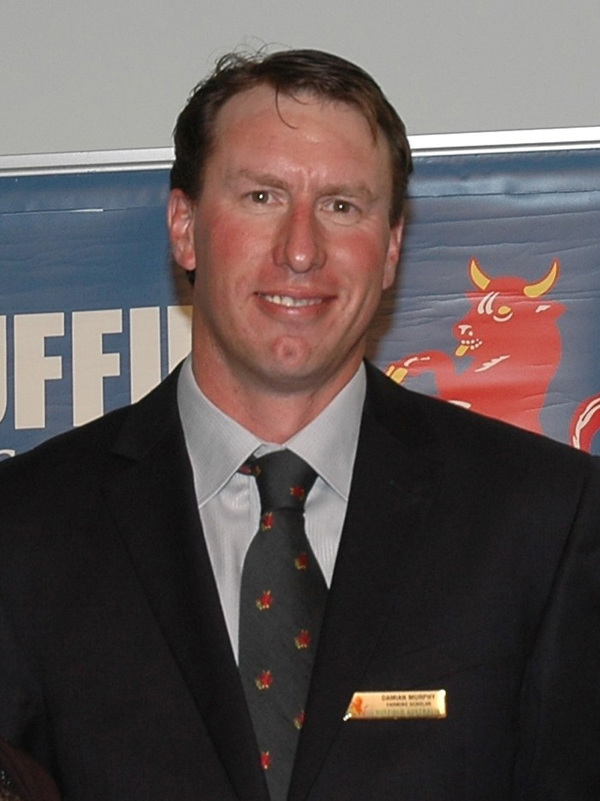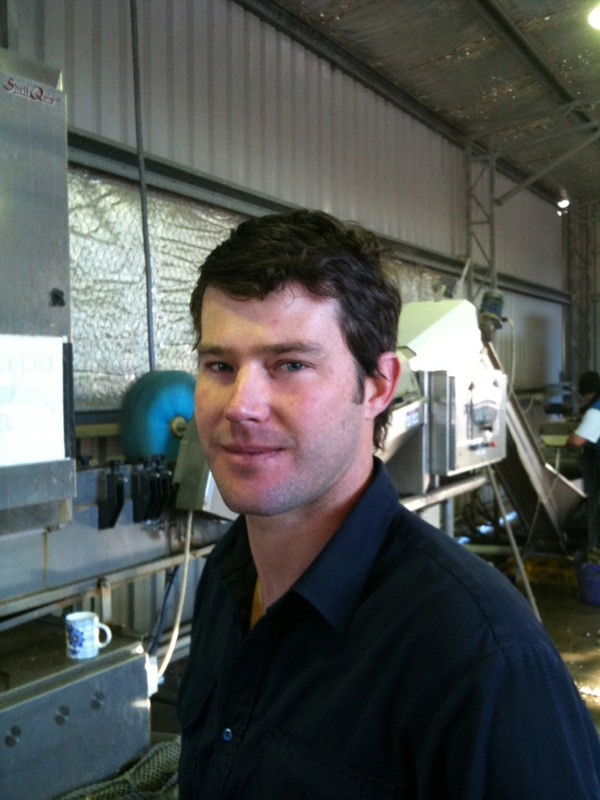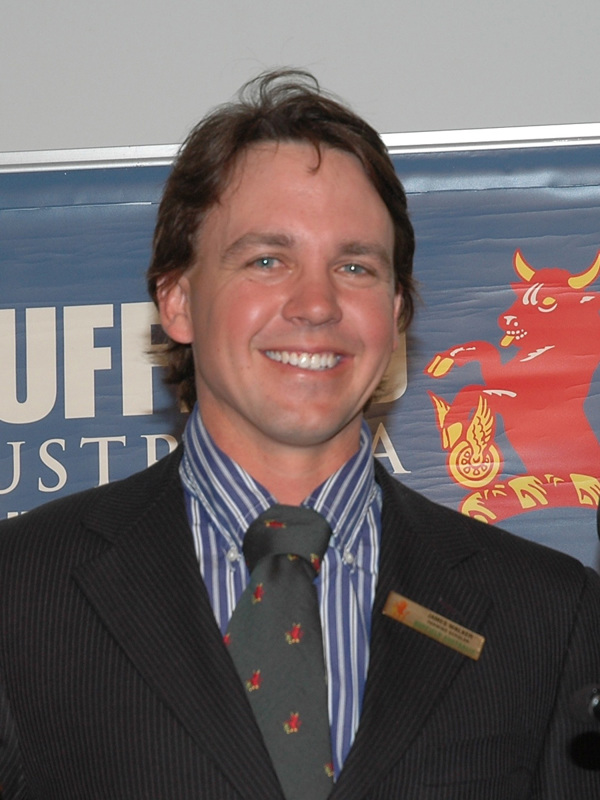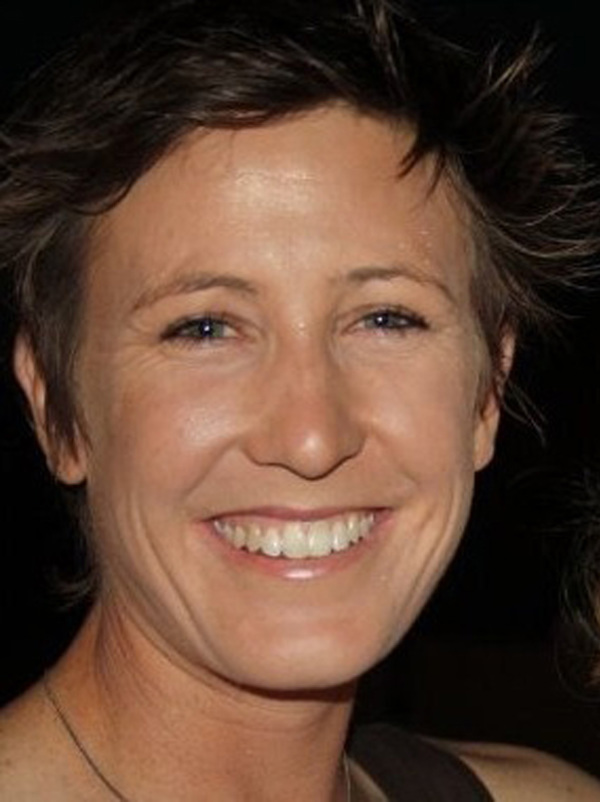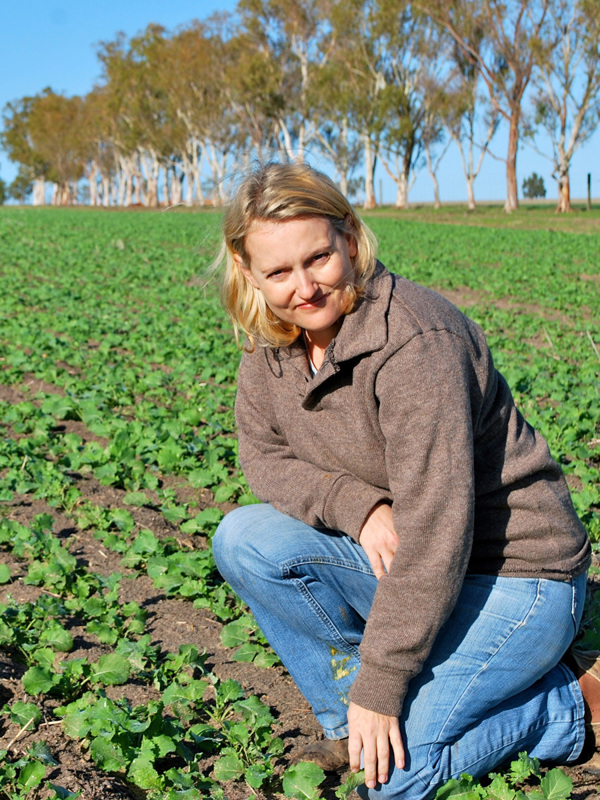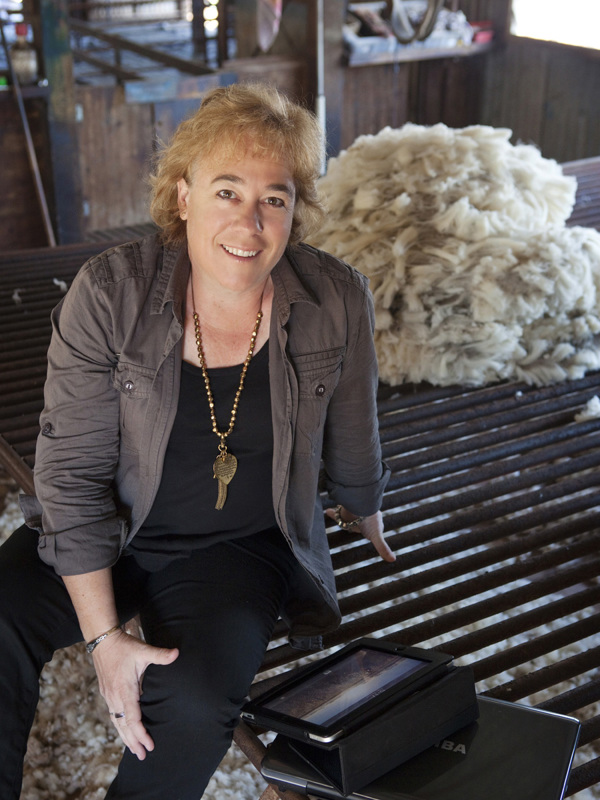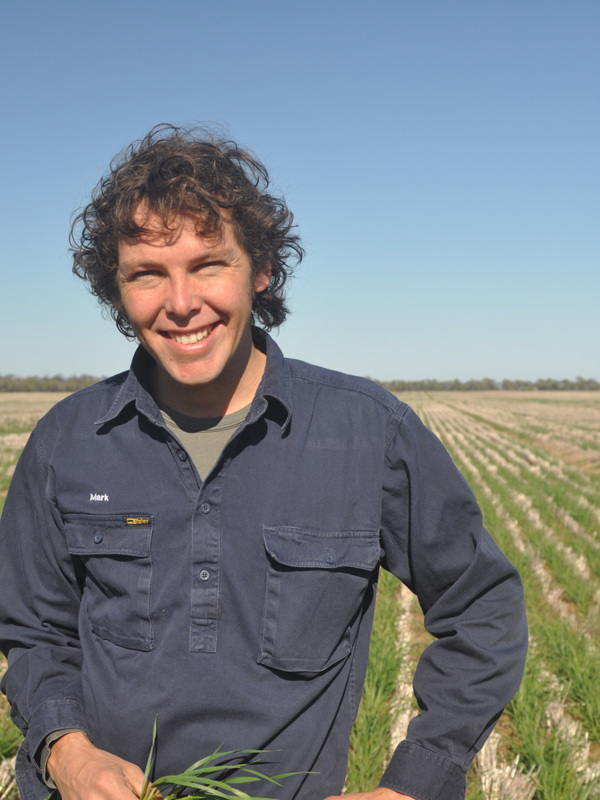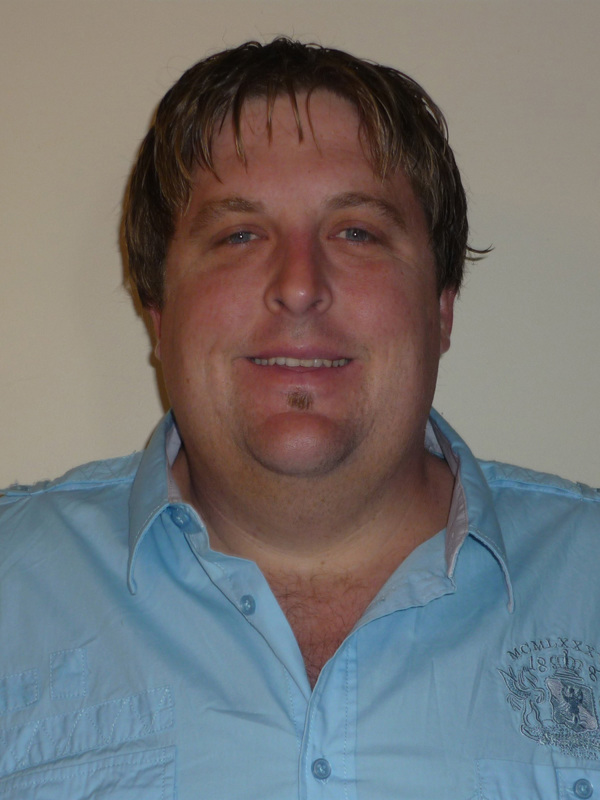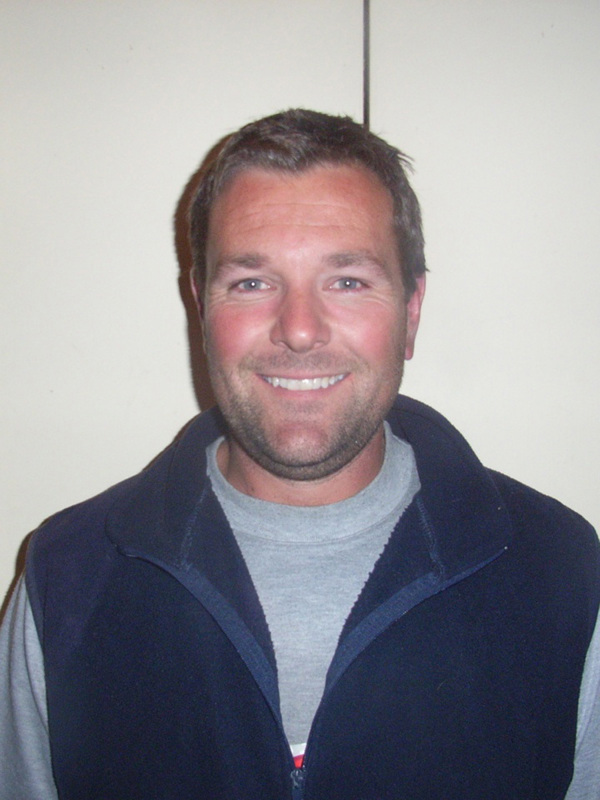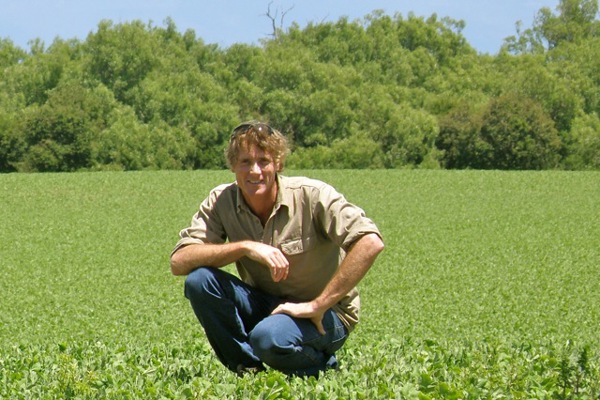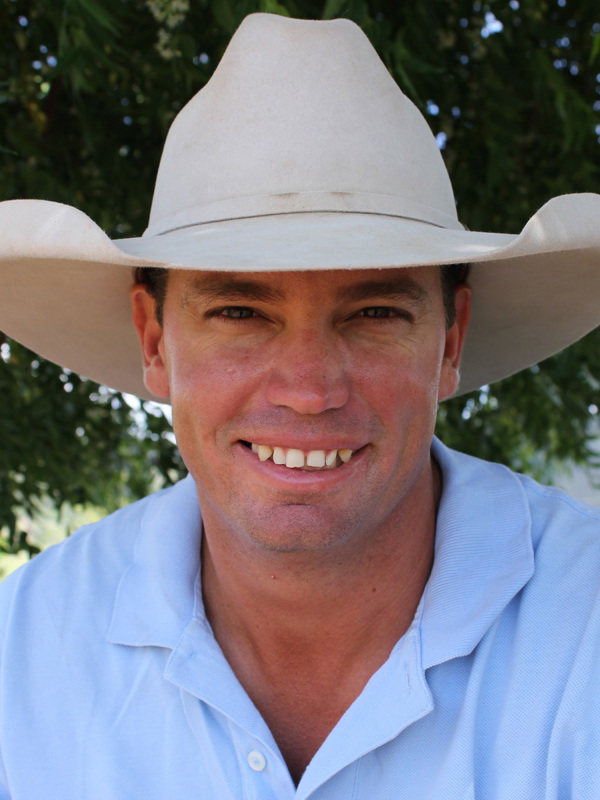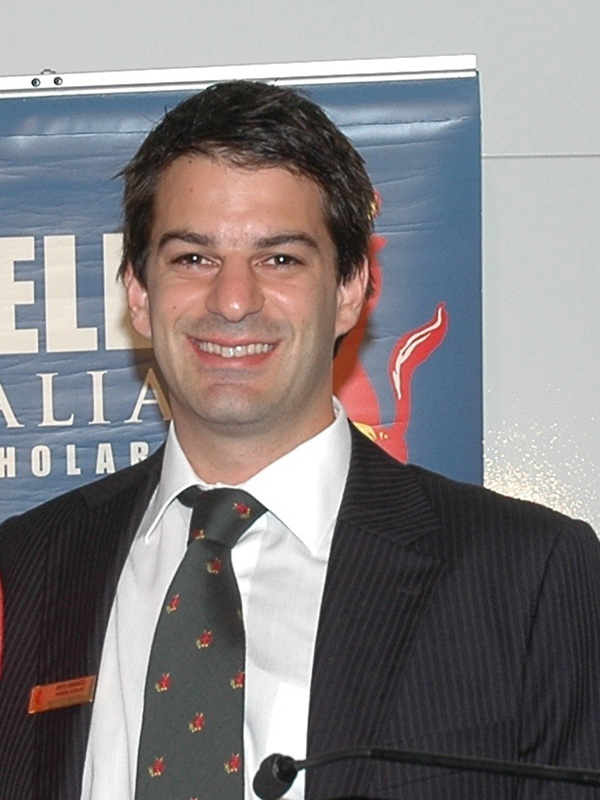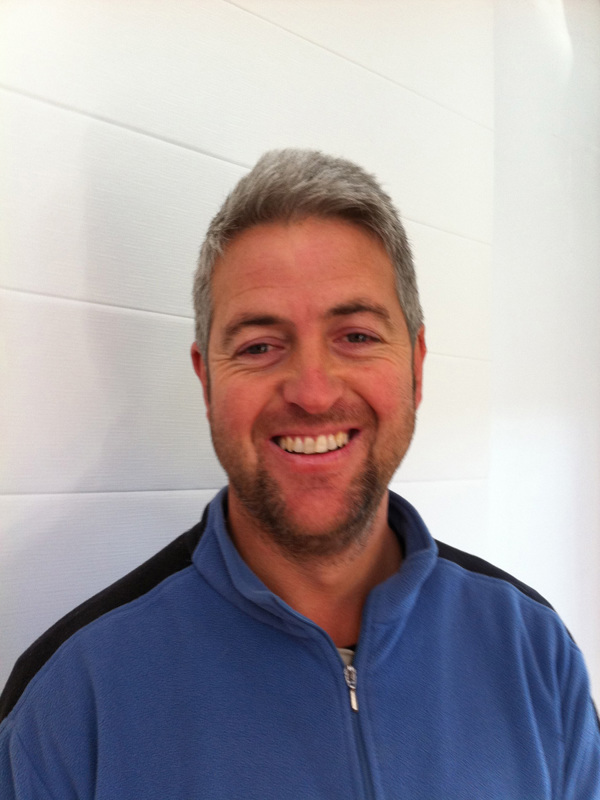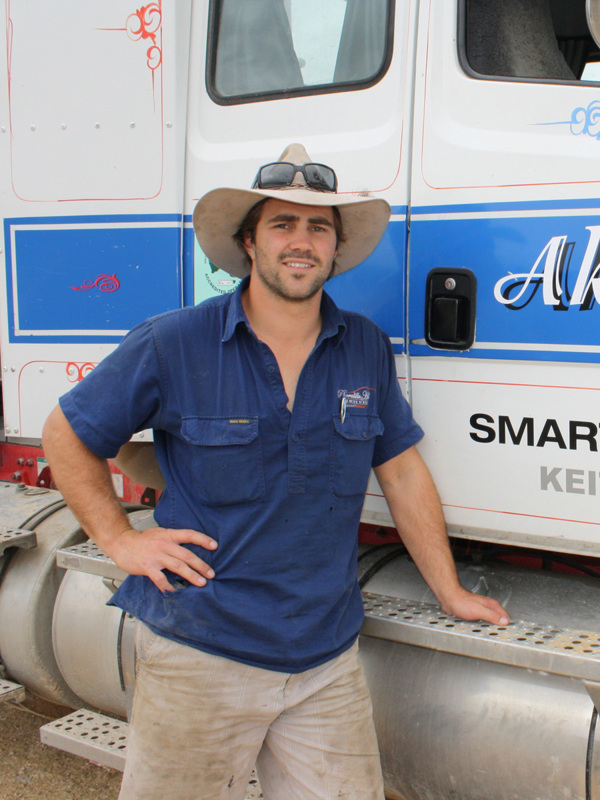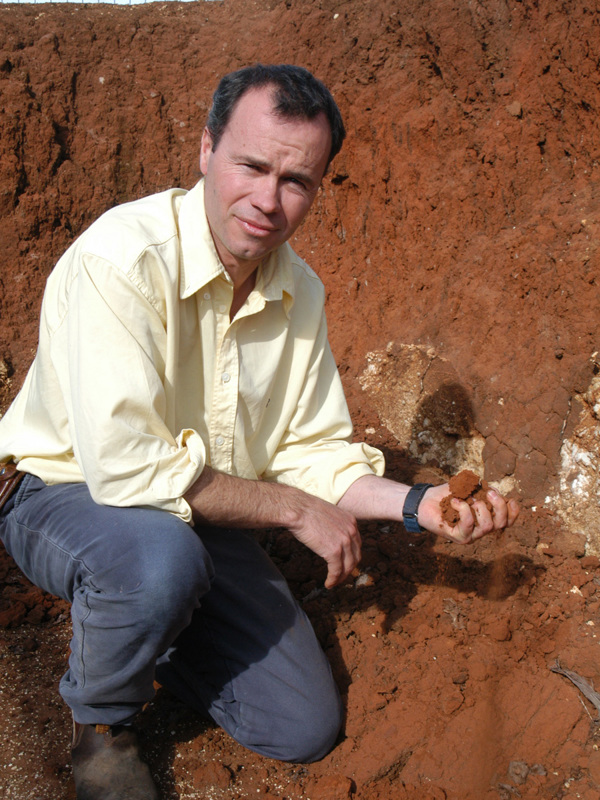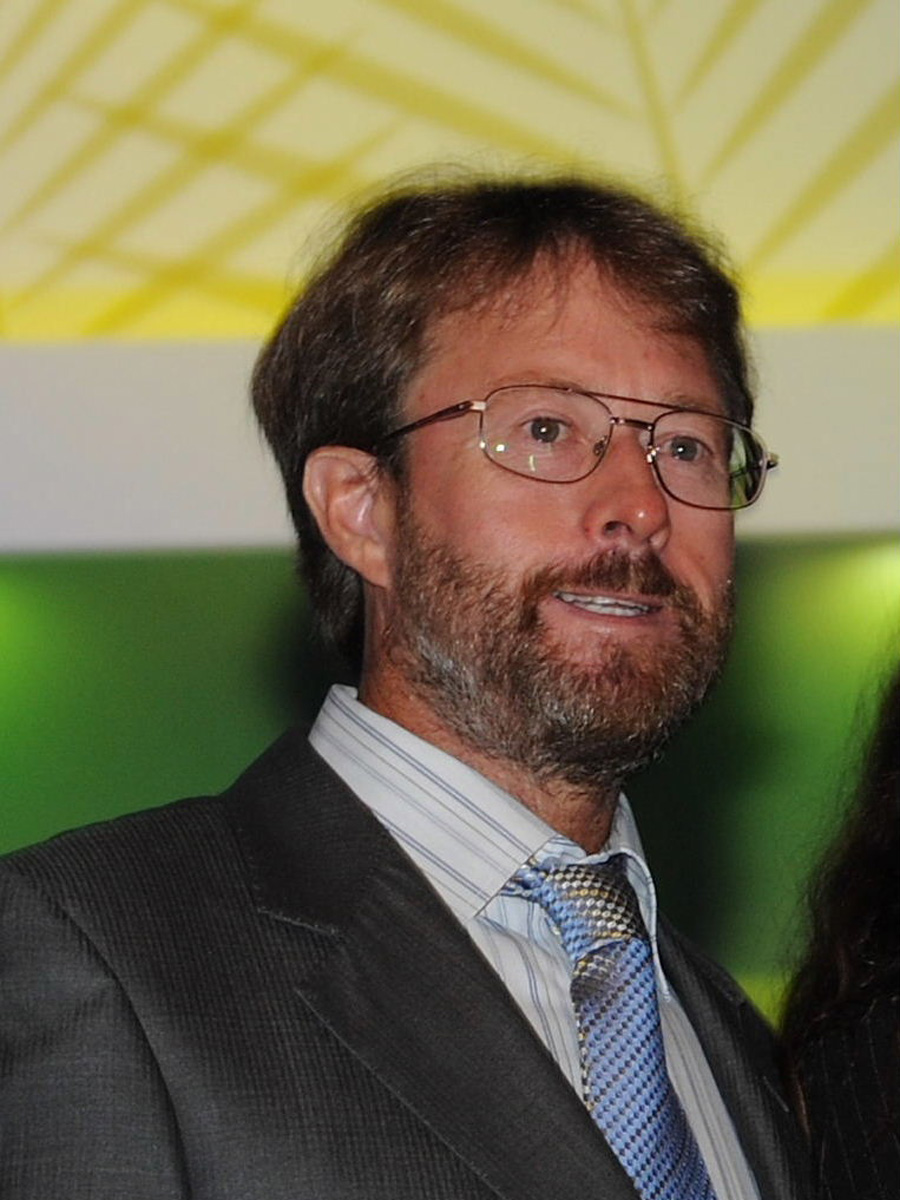
Dave Reilly

Being a pioneer in any sector is a challenge, but establishing date production in Australia given the huge industry in the Middle East and North Africa is a tough gig. However, it’s one Dave Reilly is relishing. With his family, Dave owns and operates a mixed horticulture enterprise at Loxton, and while they do grow wine grapes and pomegranates, their primary focus is on the production of premium table dates.
“Our date industry is tiny, less than 50 hectares as opposed to 800 thousand hectares grown internationally, according to the 2006 FAO figures – we know it’s a lot more than that now. So we’re only in the nucleus of growing an industry, but given our climate and our water supply, there could and should be a significant industry to follow,” Dave explains.
One of the biggest priorities is bridging the large knowledge gap in Australia on managing date palms for premium fruit production.
“We do get a lot of imported product coming into Australia – in fact up to seven thousand tonne a year – and they’re coming primarily from countries that have a lower cost per unit of labour than we do here in Australia. So while my scholarship travels were a general fact-finding quest, I was also specifically looking at ways we can mechanise our industry,” he says.
After travelling around Arizona and California in the USA, Dave was able to get some hands-on understanding of date management.
“We visited during fruit-thinning time, so we were able to engage with the local growers on how they access the taller trees, the technique they use for thinning down fruit in a bunch, and canopy management – they’ve actually been very clever at bringing in mechanisation to a whole range of different management processes,” Dave observed.
After visiting Mexico, Dave then went on to the UK to look at tissue culture nurseries, before touring Spain, Egypt, Kuwait, Oman, India and the UAE.
“We learnt something from every country we visited, whether it be about new genetics that we would like to introduce into Australia, or whether it be particular ways of presenting, packaging or marketing fruit".
Back at home in South Australia, the Reilly’s have already started to implement some of the technologies learnt on their travels.
“Our most immediate need was to remove offshoots more efficiently, which grow at the base of a parent tree and are needed for multiplication – it’s been a hard slog for us removing them manually. In the USA we saw chisel-pointed harpoon-mounted jackhammers on Bobcats, meaning you can just drive the Bobcat up to a tree and buzz the offshoots off easily. Since getting home we’ve mounted a jackhammer on a Case Skid Steer loader to do the same thing, saving lots of man-hours and blisters. It will still take quite a period of time to introduce all of the improvements that we could make. But with our role as industry development people – we’re partly funded by Agrifutures – we’re also engaging with the other date growers around Australia and putting together a grower manual which will help distribute some of the information that we were able to obtain through the Nuffield Farming Scholarship,” Dave concludes.
